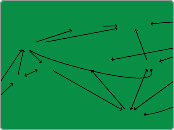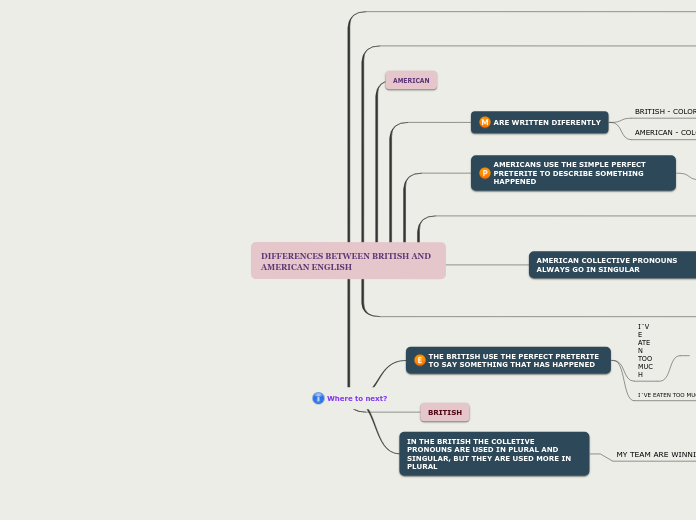History of Malta
Important Characters
Caravaggio worked in Malta during the age of the Knights.
A painting made in Malta by Caravaggio
Saint Paul was shipwrecked on the island in 60 A.D. and introduced the Christianity.
1-What's the most common consideration about etymology of the word Malta?
2-Which civilizations dominated Malta?
3-Which invasion did begin in Malta in 870 A.D.? What did they introduce?
4-Who founded La Valletta?
5-When did Napoleon conquer Malta?
6-When did the island become a republic?
Indipendence
Malta achieved its indipendence from United Kingdom in 1964 and it became a republic in 1974.
Modern period
In 1530 Charles V gave Malta the Order of the Kinghts of Saint John. The Knights founded La Valletta, Malta's capital.
Cross of the Knights of Malta
In 1789 Napoleon conquered Malta.
Capitulation (resa) of Malta to general Bonaparte
In 1814 the island became part of the British Empire.
British Empire's flag
Muslim Period and Middle Ages
From 1091 Malta was controlled by the sovereigns of the Kingdom of Sicily: The Normans, the Hohenstaufen and the Aragonese.
Norman house door in Malta
In 870 B.C. Malta was conquered by Muslim invaders. They introduced new irrigation, some fruits and cotton.
The Marrakech mosque in Malta
Ancient History
Malta has been inhabitated since 5200 B.C.
The origin of the term Malta is uncertain. The most common etymology is that the word Malta derives from the Greek word meli, "honey". The ancient Greeks called the island "Melitē" meaning "honey-sweet" possibly due to Malta's unique production of honey.
Many civilizations dominated the islands:
Prehistoric temples of Malta
Byzantines
Romans
Roman mosaic from Rabat, Malta.
Carthaginians
Phoenicians









